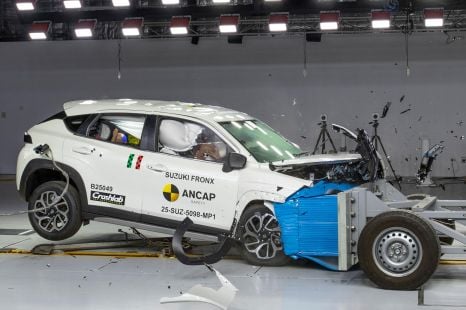

Damion Smy
Suzuki Fronx scores one-star ANCAP rating after seatbelt failure
3 Hours Ago

Senior Contributor
BMW has moved on to testing “near-standard” X5 hydrogen fuel-cell electric vehicles (FCEV) on European roads, ahead of planned small-volume production from late 2022.
The Bavarian company says it’s now fine-tuning the software that controls all driving and operating functions in the real world, after thousands of bench tests in the development lab.
The BMW X5-based FCEV stores 6kg of pressurised hydrogen at 700-bar. This meets oxygen in the onboard fuel cell to generate electricity through chemical reaction. This charge drives the wheels and fills a buffer battery.
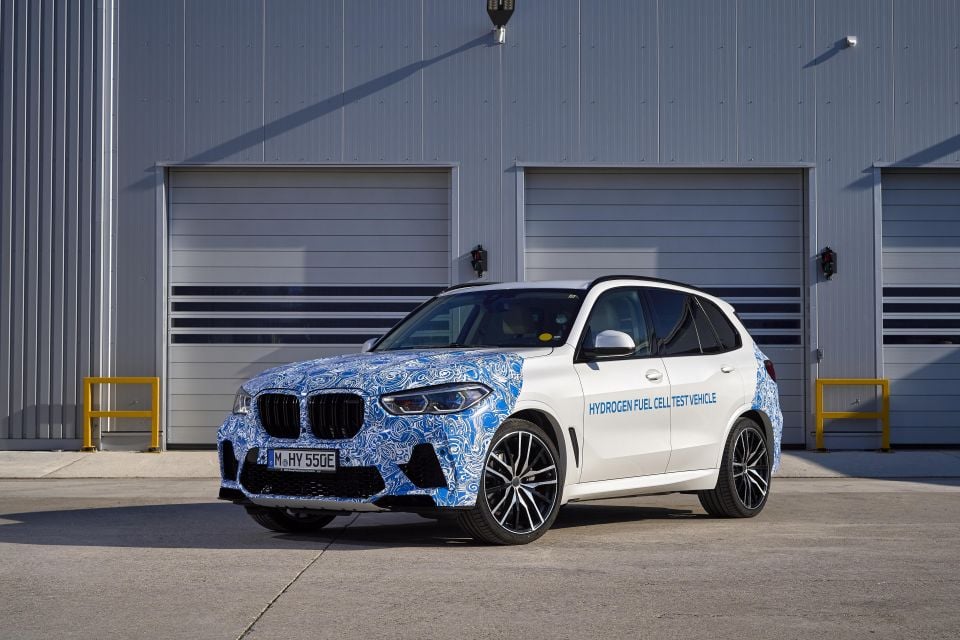
System output is 275kW of power, refilling the tanks takes about four minutes, and the only tailpipe emission is water.
The BMW i Hydrogen NEXT uses fuel cells from an eight-year-old product development cooperation with Toyota Motor Corporation. The individual cells come from Toyota, while the fuel-cell stack and drive system are BMW Group developments.
“The cooperation established in 2013 seeks to optimise the everyday practicality and scalability of hydrogen fuel cell technology for use in each company’s respective production vehicles through the intensive exchange of experience,” BMW says.
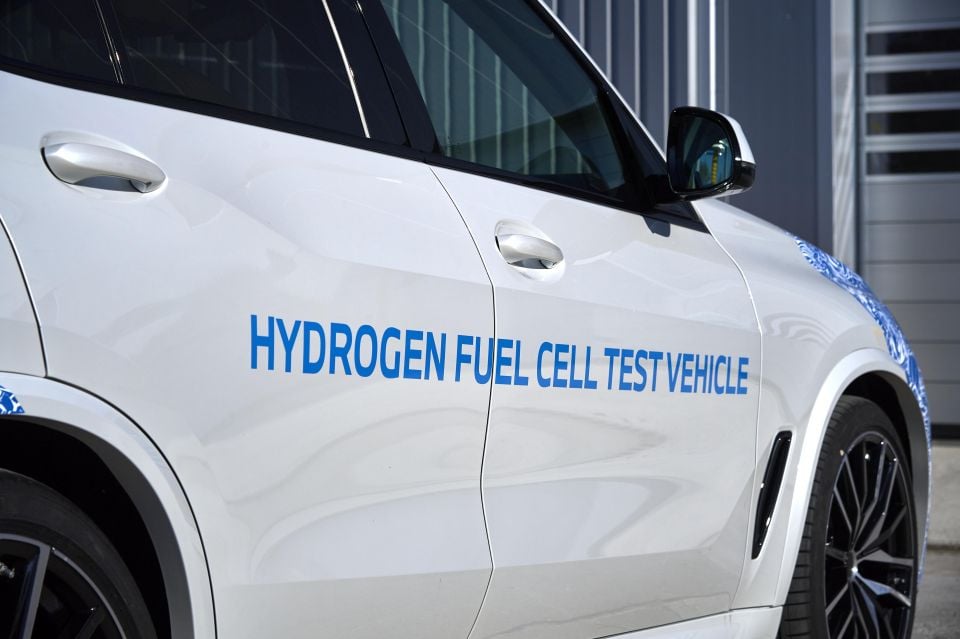
FCEV technology continues to polarise the industry, as a potential zero-emission alternative to battery electric vehicle (BEVs).
Their upsides are obvious but they’re criticised for energy losses during electrolysis, and a lack of refilling infrastructure.
Tesla and Volkswagen have publicly rubbished the technology’s suitability to road cars, and Daimler has stopped its R&D, whereas the likes of Toyota (Mirai sedan) and Hyundai (Nexo SUV) are actively developing FCEVs alongside BEVs.
MORE: Toyota Australia thinks hydrogen cars will soon be widely available
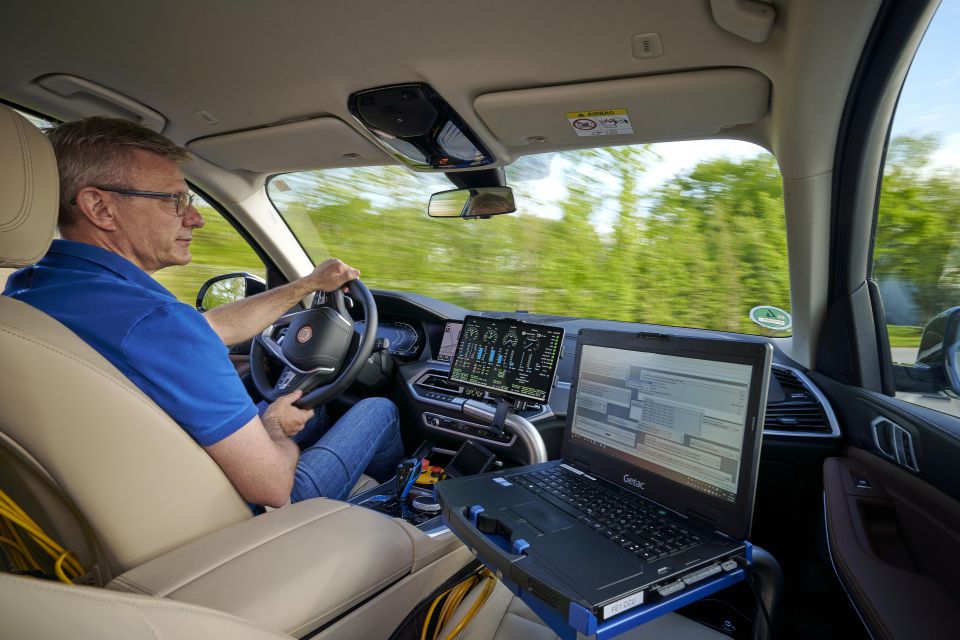
General Motors and Honda have a joint-venture developing third-generation FCEVs, though GM emphasises the potential for heavy transport sectors through deals with Navistar, Wabtec and Liebherr-Aerospace. FCEVs don’t need super-heavy battery packs and can refill rapidly.
Additionally the likes of Land Rover (Defender hydrogen prototype) Stellantis (Peugeot e-Expert FCEV van), Ineos (Grenadier FCEV program with Hyundai) are wading in.
In a company statement, BMW said hydrogen FCEVs had “long-term potential to supplement internal combustion engines, plug-in hybrid systems and battery-electric vehicles within the BMW Group’s flexible drive train strategy”.
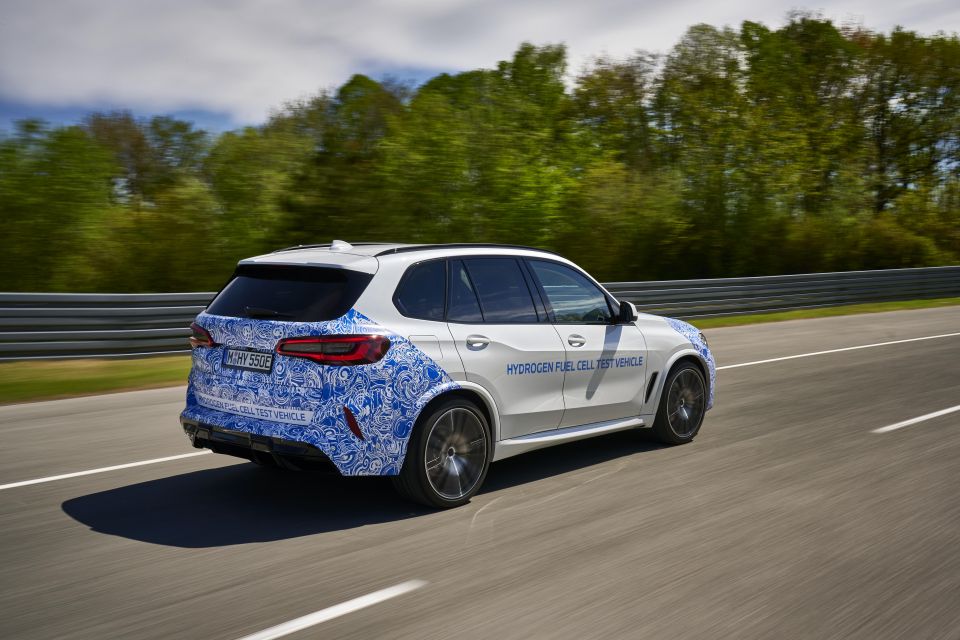
“It could become an attractive alternative to battery-electric drive trains – especially for customers who do not have their own access to electric charging infrastructure or who frequently drive long distances,” the company added.
Speaking on the issue, BMW AG’s management board member for development Frank Weber said:
“Hydrogen fuel cell technology can be an attractive option for sustainable drive trains – especially in larger vehicle classes. That is why road testing of near-standard vehicles with a hydrogen fuel cell drive train is an important milestone in our research and development efforts.”
Where expert car reviews meet expert car buying – CarExpert gives you trusted advice, personalised service and real savings on your next new car.


Damion Smy
3 Hours Ago
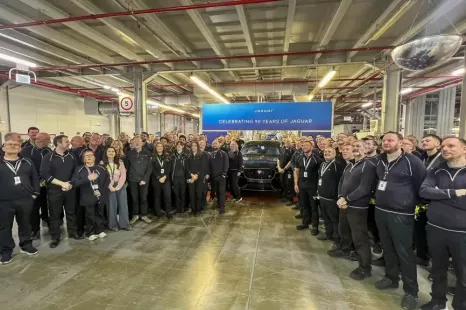

Damion Smy
7 Hours Ago
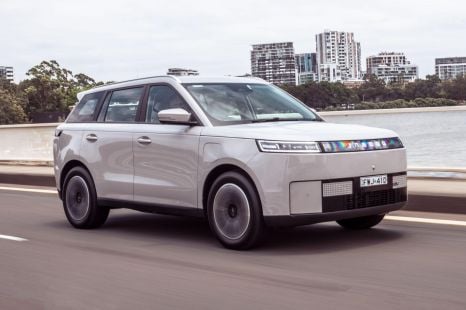

Josh Nevett
9 Hours Ago
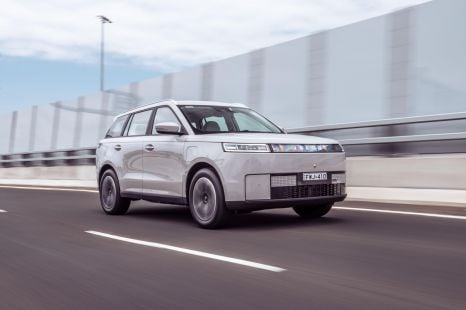

Josh Nevett
9 Hours Ago
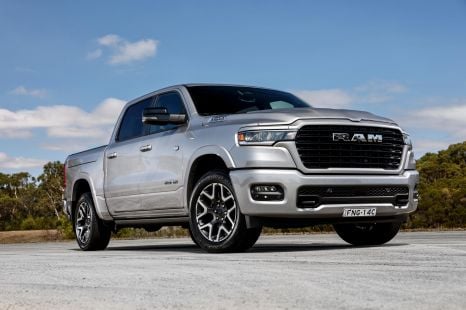

Damion Smy
9 Hours Ago
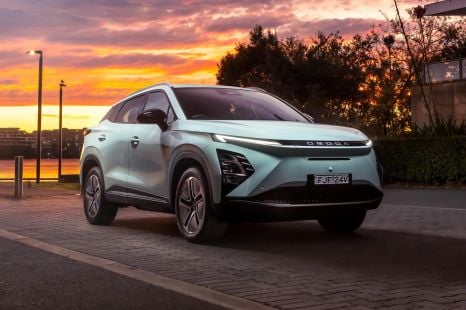

CarExpert.com.au
10 Hours Ago